Effects of Calcium Chloride on Growth
ABSTRACT
Calcium (Ca) has an important role in plant physiology, including involvement in the responses to salt stress, and controls numerous processes. To overcome the negative impact of high salinity, the addition of supplemental Ca to the growth medium as an ameliorative agent could be necessary. Atriplex halimus subsp. schweinfurthii and Atriplex canescens subsp. linearis were grown in hydroponic conditions to investigate the effectiveness of supplementary calcium chloride (CaCl2) applied into nutrient solution on plants grown at high (400 mM) sodium chloride (NaCl) concentration. Treatments were: 1) nutrient solution alone [control (C)]; 2) nutrient solution plus 400 mM sodium chloride (NaCl); and 3) nutrient solution and 400 mM NaCl plus supplementary 40 mM CaCl2 supplied in nutrient solution (NaCl + CaCl2). The experiment was set up as a completely randomized design, consisting of two species (A. halimus and A. canescens), three treatments (control, NaCl, and NaCl + CaCl2), and five replicates. Dry weight and chlorophyll content of plants grown at high NaCl were lower than those at normal nutrient solution. Supplementary CaCl2 ameliorated the negative effects of salinity on plant growth in both species. Root hydraulic conductivity (L 0) decreased with elevated NaCl and increased with supplementary CaCl2 compared to the stressed plants. Membrane permeability increased with high NaCl application and these increases in root membrane permeability decreased with supplementary CaCl2 compared to the NaCl treatment. Sodium (Na) concentration in plant tissues increased in both species in high NaCl level. Application of supplementary CaCl2 lowered Na concentration. Concentrations of calcium (Ca) and potassium (K) were at deficient ranges in the plants grown at high NaCl levels and these deficiencies were corrected by supplementary CaCl2.



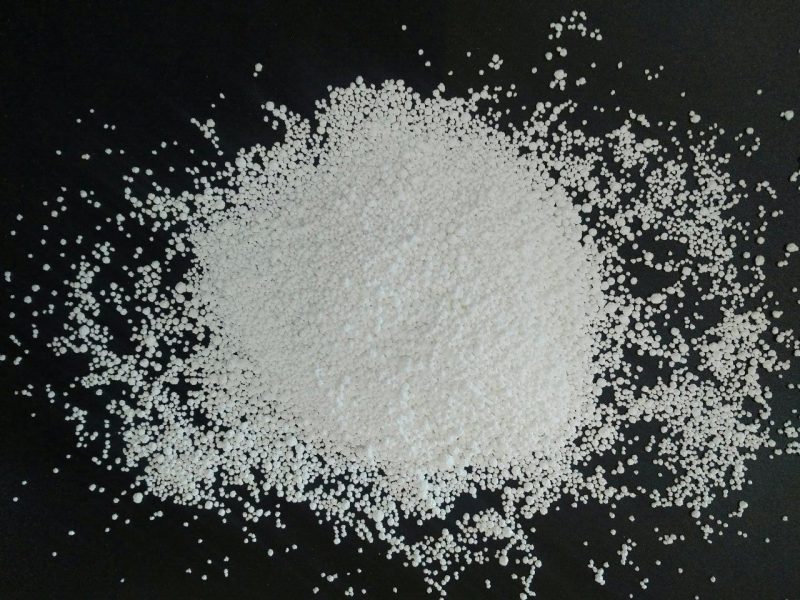
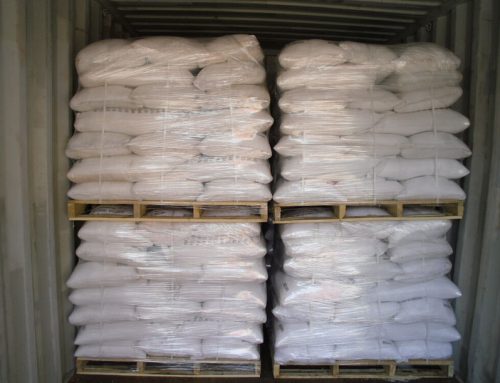
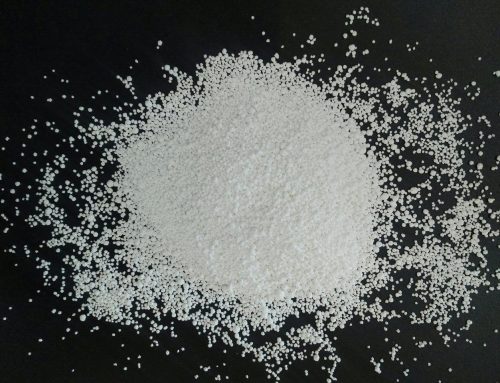
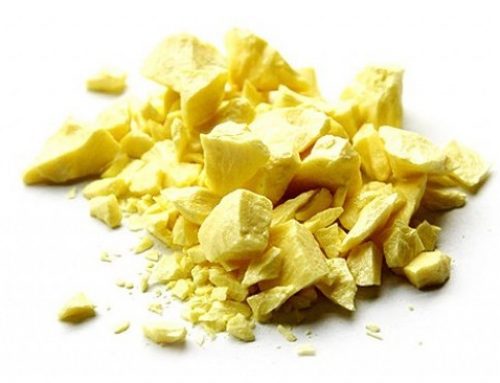
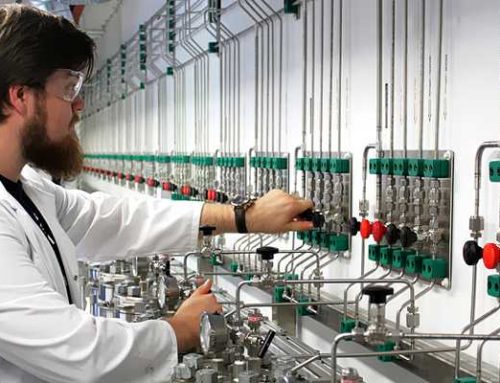
Leave A Comment